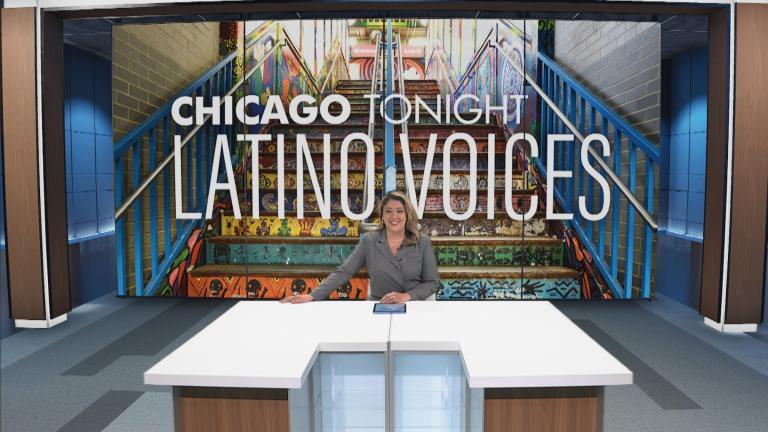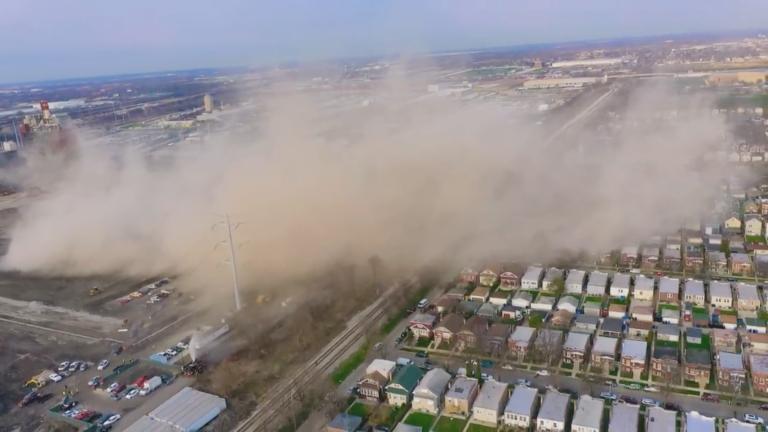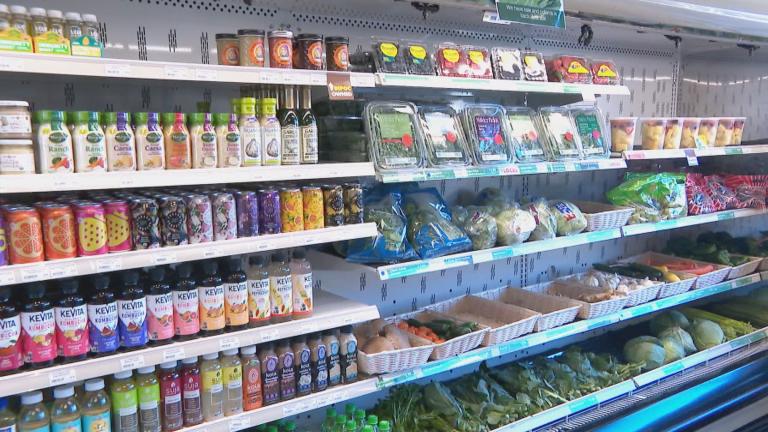Elected officials and community leaders are demanding federal aid to help address the needs of Chicago’s migrants.
This plea follows the death of 5-year-old Jean Carlos Martinez Rivero — who was living at a migrant shelter in Pilsen.
There have been reports of crowding, illness, hospitalizations and other unsafe conditions at that very shelter, and advocates said those problems are preventable.
Annie Gomberg, a lead organizer with the Police Station Response Team, said she visited the Pilsen shelter to donate supplies but was met with resistance from security who asked her to stop speaking to residents and leave. She added that coordination of volunteer efforts with the city has not happened.
“People deeply care, we have so much compassion, Chicago is ready,” Gomberg said. “Myself and hundreds of volunteers are willing to do some of this on-the-ground work, but we’ve had no engagement from the city or leadership.”
Volunteers like Gomberg have reported poor conditions at the shelters, saying the food and water supply is also insufficient. These are factors that have led to the worsening of health conditions for migrants living there.
Ald. Byron Sigcho Lopez of the 25th Ward, which includes the Pilsen shelter, said the location was set up to house 1,000 people and is now housing more than double that. He is one of many officials calling for outside support.
“This is something that we cannot do it alone,” Sigcho Lopez said. “And that’s why we are asking the state to fulfill their commitments, federal government to help us collaborate and coordinate, and stop human trafficking. We cannot just sit and watch as we see these atrocities in front of us.”
Mayor Brandon Johnson said in a previous interview on “Chicago Tonight: Black Voices” that migrants are receiving medical care from the city and Cook County. That includes services such as vaccinations and transportation to medical appointments.
Despite this, asylum-seeking families are living in conditions that do not meet their needs, Gomberg said.
“We know that people are arriving sick, but they are arriving alive,” Gomberg said. “And then they’re put into conditions that are not livable, not anything that we would want for ourselves and our children. And I think we have to ask ourselves, why is it OK for other people and other people’s children?”








